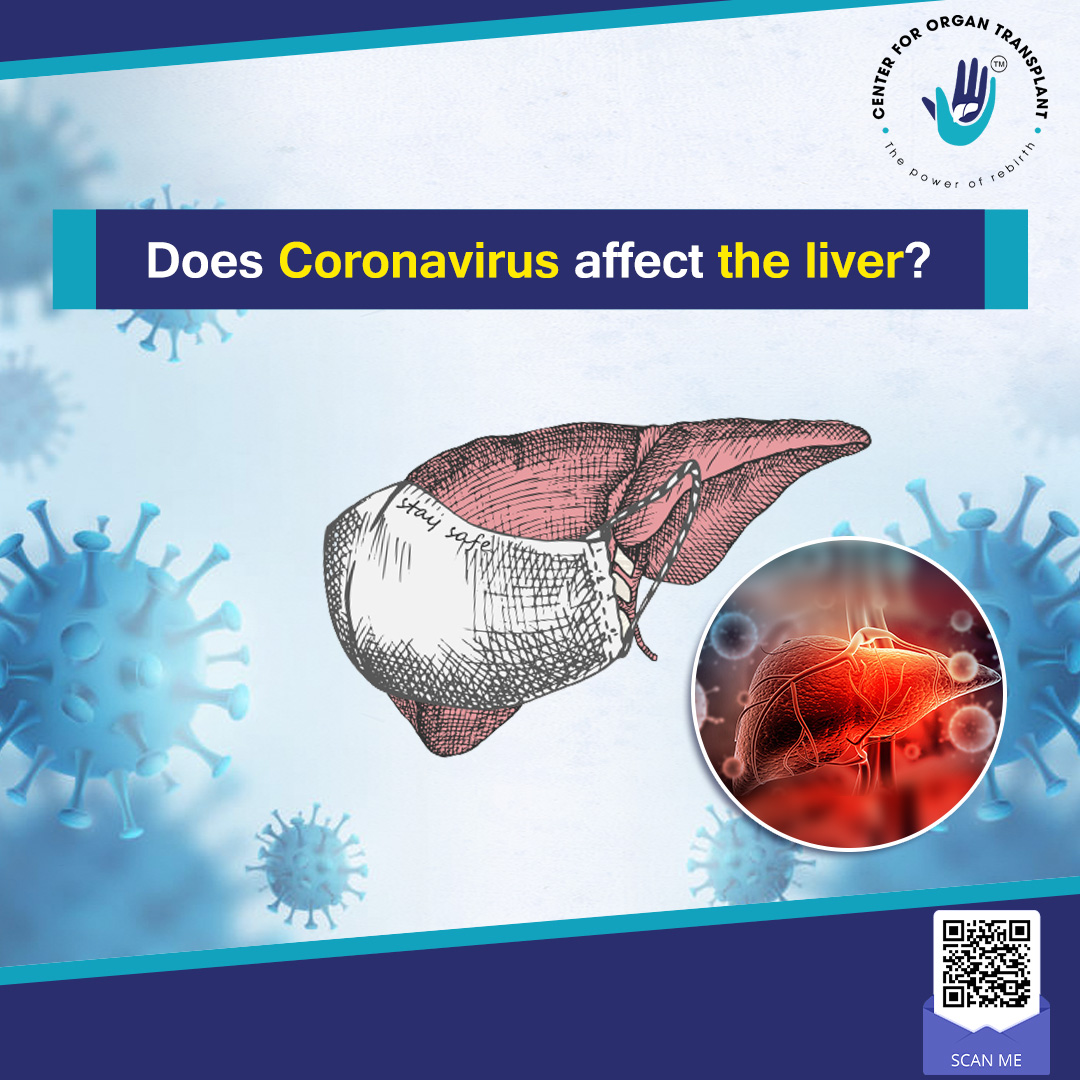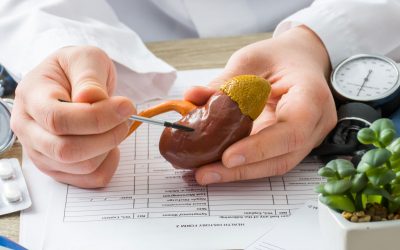Does Coronavirus affect the liver?

There have been few antecedent viruses to this one, which has a similar structure and causes damage to the human body. Viruses self-mutate regularly, changing their structure and form and adopting new identities. COVID-19-inducing avatars spread quickly and have a higher fatality rate than prior generations. Previously, all coronaviruses had been respiratory infections.
Liver damage has been recorded in up to 60% of patients infected with the previous coronavirus, SARS-CoV. Given the fact that this novel corona (SARS-CoV-2) has 80% genetic similarity to the preceding strain of the virus (SARS-CoV), does it act similarly with reference to the liver?
In moderate cases of COVID-19, liver damage is frequently just transient, and the organ can recover without any specific therapy. This could be due to direct infection of liver cells, or it could be due to liver cells becoming entangled in the immunological conflict between the body’s immune system and the virus, which involves substances produced by our bodies, such as cytokines. COVID patients with severe disease had more abnormal liver function tests than COVID patients without the severe disease. The liver involvement was substantially less in those who tested positive for the virus but did not develop symptoms. In a nutshell, the severity of COVID-19 influences liver injury.
There haven’t been any cases of acute liver failure recorded yet.
What about those who have already been diagnosed with liver disease? People with non-alcoholic fatty liver disease (NAFLD) or its more severe variant, non-alcoholic steatohepatitis (NASH), have a higher chance of serious COVID-19 consequences due to cardiovascular risk factors including metabolic syndrome, obesity, and diabetes.
Even though the hepatitis B virus (HBV) is ubiquitous in Asian nations, no research have found that HBV-related liver illness affects COVID-19 outcomes. All of these liver diseases without extensive scarring or cirrhosis, on the other hand, would have a lower likelihood of contracting the virus.
That is not the case with cirrhosis of the liver, which can be considered an immune dysfunctional condition, people under medical supervision and those awaiting a liver transplant should also be considered at higher risk.
Pre-existing medical conditions
Should people with pre-existing liver illness get a checkup and LFTs to see if the coronavirus has infected their liver? The answer is an unequivocal NO. The anomaly of LFT in patients who have already developed COVID-19 has been mentioned. COVID is a respiratory infection with symptoms that affect the lungs. Jaundice can occur in severe patients who are admitted to the hospital. Because liver harm does not occur without respiratory infection, no screening tests or LFT are recommended in patients with liver disease.
Are COVID-19 infections more common in liver transplant recipients?
Of course. Those who have had a liver transplant and are using immunosuppressive (anti-rejection) medications are at a higher risk of contracting this infection and, consequently, of developing a serious condition.
People with a compromised immune system may be unable to combat the virus. Transplant recipients have a higher risk of contracting the virus, but they may not show any symptoms at all, such as fever or shortness of breath. Aside from the usual precautions of frequent hand washing, hand sanitization, cough etiquette, and not putting hands to mouth, they should aim to avoid crowds and non-essential travels.
Written By
Was this blog helpful for you?
[WPAC_LIKE_SYSTEM]
Was this blog helpful for you?
[WPAC_LIKE_SYSTEM]
Similar Blogs
Kidney Transplant – Common Myths & Facts about Transplantation
Transplantation is a treatment, not a cure. A kidney is an organ that filters waste from the blood and other fluids, and thereby removes it from the body in the form of urine....
Kidney Transplant – Common Myths & Facts about Transplantation
Transplantation is a treatment, not a cure. A kidney is an organ that filters waste from the blood and other fluids, and thereby removes it from the body in the form of urine....
Reviews All Reviews
“I was diagnosed with Liver Cirrhosis in March 2016 in Sangali City. I was absolutely shocked, as I never expected this to happen to that and me to this soon. We met Dr. Bipin B Vibhute and he answered all our queries and questions with absolute patience that we understood I need a transplant.”
“A broken marriage followed by self-pity made me a drunker. Excessive consumption of alcohol was the reason due to which my liver got damaged. The damage was so severe that a liver transplant was the only option if I wanted to live. I have been extremely fortunate to get three chances in life. I have been…”
Doctors Meet Our Team





